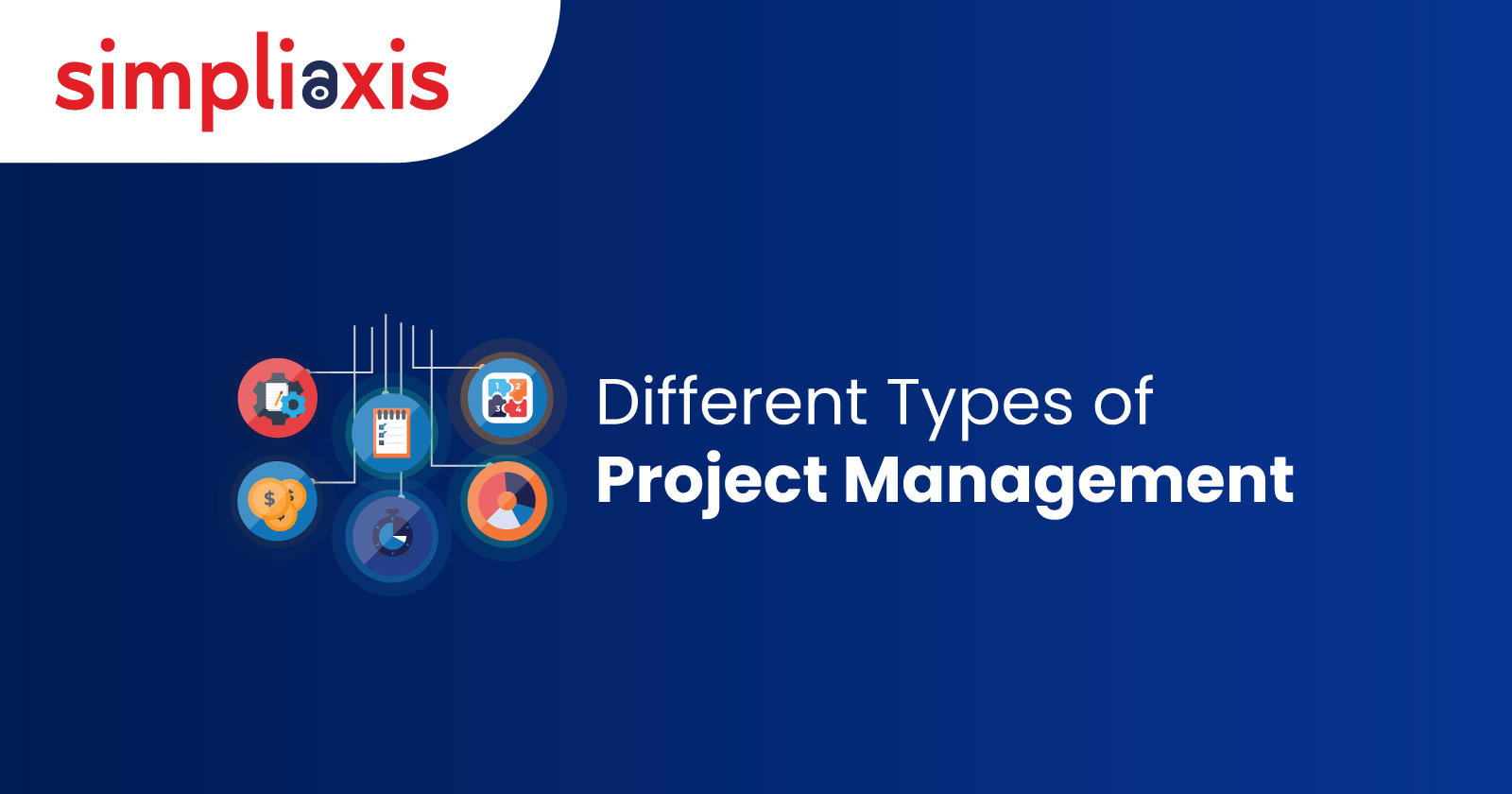Project management encompasses a multitude of dimensions that can significantly differ based on factors such as the chosen approach, methodology, industry, or individual project manager. This diversity means that the daily responsibilities and tasks of a project manager in construction, employing a Waterfall approach, will contrast sharply with those of an IT project manager utilizing Scrum to coordinate their team. Let's explore the various types of project management in greater detail.
Understanding Project Management
Project management involves applying processes, methods, expertise, and past experiences to attain defined project objectives within predetermined acceptance criteria and set parameters. Unlike general management, project management is distinguished by its focus on producing specific deliverables within a fixed timeframe and budgetary constraints. This necessitates a diverse skill set, including technical proficiency, adept people management abilities, and a keen understanding of business dynamics.
Discuss Types of Project Management
Project management involves various methodologies tailored to address specific project needs and objectives.
Waterfall
The waterfall model follows a traditional and linear approach to project management, where the project manager determines requirements and creates a comprehensive plan before project initiation. Each phase progresses sequentially, focusing on documentation to ensure clarity and accountability. While this method provides clear roles and responsibilities, it lacks flexibility and client involvement until project completion.
Agile
Agile project management breaks projects into iterative segments or sprints, allowing for rapid adaptation to changing requirements. Teams complete one segment at a time, enabling continuous feedback and collaboration with clients. Agile is favored for projects with evolving requirements and a need for faster product delivery.
Kanban
Kanban emphasizes continuous workflow and visual management, enabling teams to prioritize tasks and track progress in real-time. It utilizes customizable boards to visualize project phases, facilitating efficient task management and transparency. Kanban is particularly useful for projects requiring flexibility and adaptability.
Scrum
Scrum implements agile principles by dividing projects into manageable sprints, fostering collaboration, communication, and real-time adaptation to evolving project needs. It emphasizes self-organizing teams and regular reviews to ensure project alignment with client expectations.
Lean
Lean project management focuses on efficiency and waste reduction, advocating a customer-centric approach while eliminating unnecessary processes. It prioritizes team engagement and the elimination of non-value-adding activities to optimize resource utilization and project outcomes.
Six Sigma
Six Sigma aims to reduce errors and enhance project quality through data-driven analysis and process improvement. It utilizes methodologies like DMAIC and DMADV to identify root causes of errors and implement corrective measures, ensuring consistency and customer satisfaction.
Critical Path Method (CPM)
CPM identifies critical project tasks and their dependencies to determine the most complex factors affecting project completion. It creates a detailed project management schedule, allowing teams to prioritize tasks and manage resources effectively. CPM is commonly used in industries with well-defined project phases and timelines.
Critical Chain Project Management (CCPM)
CCPM prioritizes resource allocation and budget adherence, focusing on critical tasks and minimizing multitasking to optimize project outcomes. It ensures that resources are allocated efficiently and project constraints are managed effectively to meet project objectives.
PRiSM
PRiSM integrates sustainable practices into project management, emphasizing environmental and social responsibility. It focuses on minimizing ecological impact and benefiting both organizations and society by incorporating sustainability principles into project planning and execution.
Read More:What is Agile? What is Scrum?
Types of Project Management Across Industries
Project managers play a vital role across various industries, each with its own unique demands and focus areas:
- Construction: Within construction, project managers oversee the planning and execution of building projects, collaborating closely with architects and engineers to ensure structures are completed efficiently and to specifications.
- IT: In the realm of IT, project managers tackle challenges related to technology, coordinating teams to implement software solutions, update networks, or integrate cloud computing services into company operations.
- Software Development: Software project managers lead teams in the development and deployment of new software products or updates, drawing on their expertise in software development processes and technologies.
- Healthcare: Project managers in healthcare oversee initiatives within hospitals and healthcare facilities, navigating complex regulatory requirements and ensuring projects align with healthcare standards and best practices.
- Energy: Within the energy sector, project managers drive projects focused on developing new energy infrastructure or implementing energy-efficient practices, contributing to sustainability efforts and operational excellence.
- Marketing: Marketing project managers operate in diverse settings, from tech companies to advertising firms, spearheading projects such as marketing campaigns, market research initiatives, and product launches to enhance brand visibility and drive business growth.
Conclusion
Project management can take on various forms depending on the methodology or approach employed and the unique expertise of the project manager. This versatility offers promising opportunities for aspiring project managers, as they can potentially find roles across diverse industries.
It’s advantageous to grasp the fundamentals and explore different methodologies to enhance your proficiency in project management. For those seeking to elevate their skills, exploring programs like the project management courses can provide valuable insights into implementing project management strategies, alongside learning the essentials of Scrum and Agile methodologies. You can approach Simpliaxis for such certifications that can help you learn about project management.






















